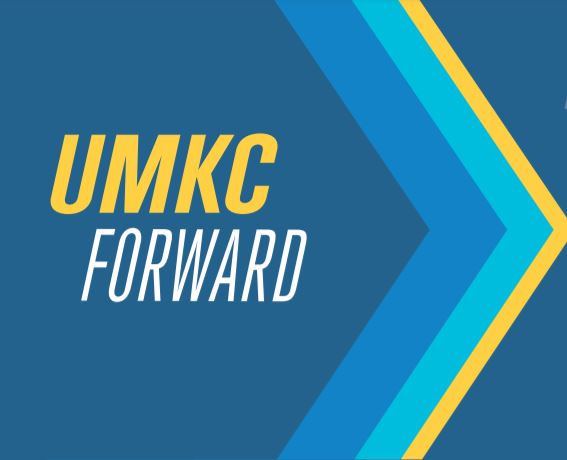UMKC Chancellor Mauli Agrawal unveiled a new 3-year investment of $50 million as part of the UMKC Forward initiative. While this plan will allocate significant funds to new areas of research, it will also require the reorganization and potential elimination of certain degree programs.
One of these programs under active review is the economics interdisciplinary doctorate (iPh.D.) program.
“We are currently in discussions with the Provost and the Dean for determining what greater efficiency will look like for our department,” Erik Olsen, chair of the department of economics, said.
The economics iPh.D. allows students to work across two academic disciplines and also offers them a greater degree of liberty in directing their own research.
This process involves discussions with discipline advisors, a yearly evaluation and a plan of study approved by the supervisory committee.
The economics iPh.D. joins six other programs the university will review, including:
- Urban Studies B.A.
- Architectural Studies
- Art History M.A.
- Romance Language M.A.
- School of Dentistry Hygiene M.S., B.S.
- Pharmacology iPh.D.
“The department of economics will be moving into the new School of Arts, Culture, and Social Science as part of the university reorganization,” Olsen added. “Beyond that, it is difficult to speculate on what effect UMKC Forward will have on the department of economics, our students or our faculty.”
The School of Arts, Culture, and Social Science is one of three new schools created under the initiative. The other two schools are the School of Science, Engineering, and Technology and the School of Education and Applied Behavioral Sciences.
Some of the programs within these new schools may also receive special funding to expand the university’s research capacity.
“Economics is not one of the areas that have been specifically targeted for investment,” Olsen said. “But there are broader initiatives that are designed to support faculty across the university, and we expect that the economics faculty will benefit from these initiatives.”
Moving forward, economics professor Michael Forstater expressed the department’s hopes to grow the undergraduate program, solidify their Center for Economic Information (CEI) and continue to serve as one of the most diverse economics programs in the United States.
“Our doctoral program has a national and international reputation, and it is also one of the most diverse and inclusive in economics anywhere!” Forstater said. “Hopefully, we have been selected to grow, which would mean first and foremost more faculty.”
Forstater expressed hope that UMKC Forward would benefit students.
“They need our support,” Forstater said. “If you truly make students the top priority, everything else will follow — funding, enrollments and all the rest.”
ary7n@mail.umkc.edu








